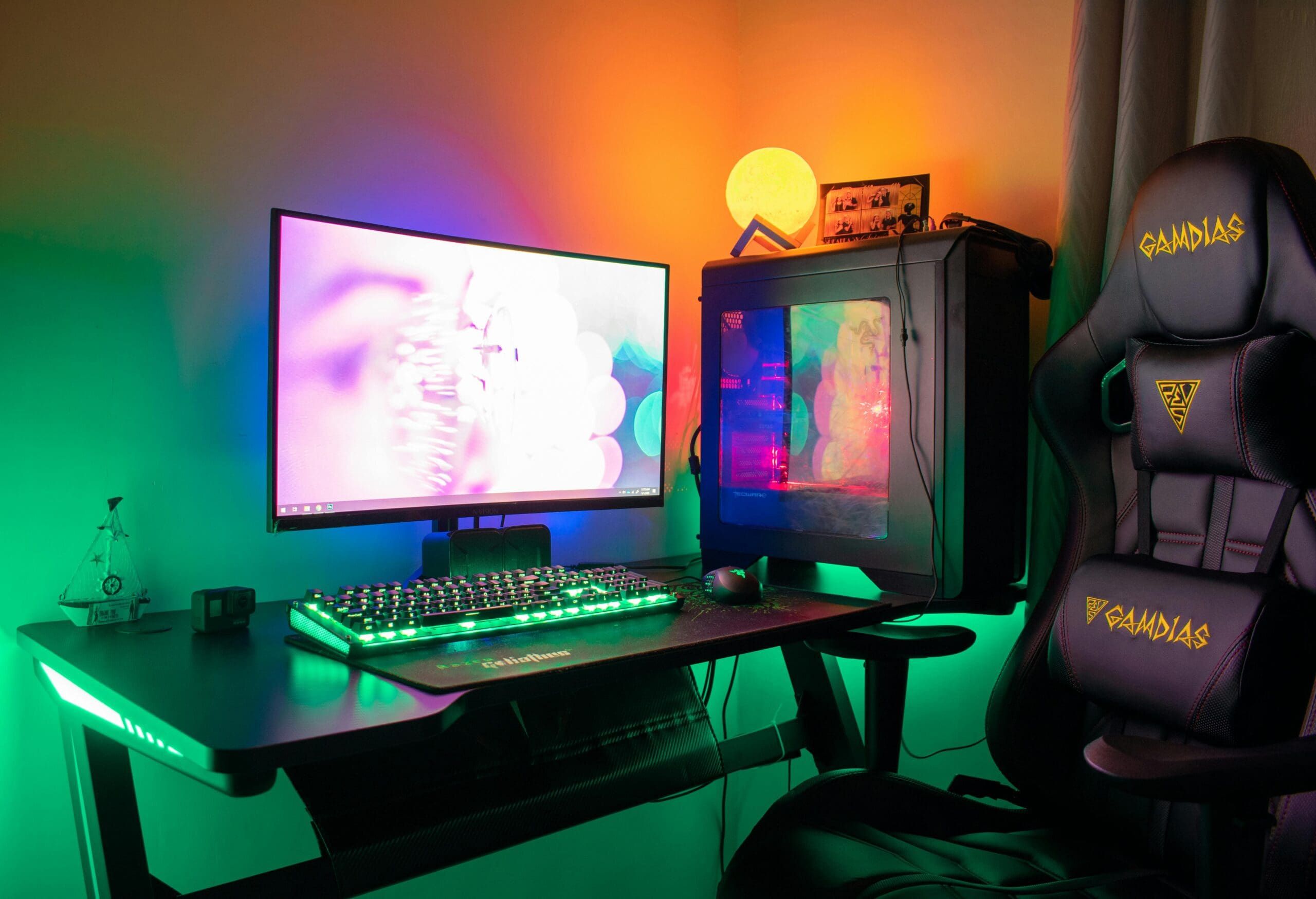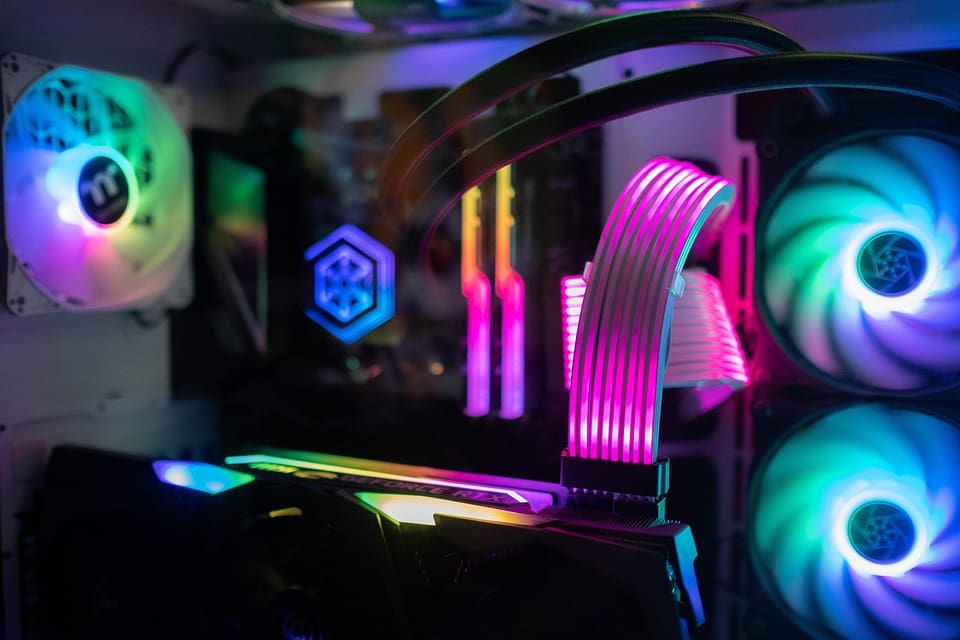Introduction
Gaming PCs have become increasingly popular among gamers due to their ability to deliver high-quality graphics and smooth gameplay. However, like any electronic device, gaming PCs can encounter issues that may hinder performance. In this guide, we will discuss troubleshooting tips on how to diagnose and fix common issues with your gaming PC.
Why This Topic Matters
Having a well-functioning gaming PC is essential for an optimal gaming experience. When issues arise, it can be frustrating and impact your ability to enjoy your favorite games. Understanding how to troubleshoot common problems can save you time and money, as well as prevent potential hardware damage.
- Performance Impact: Issues with your gaming PC can lead to decreased performance, lower frame rates, and laggy gameplay.
- Common Issues: Problems such as overheating, software conflicts, and hardware failures are common among gaming PCs.
- Long-Term Benefits: By learning how to diagnose and fix issues with your gaming PC, you can extend the lifespan of your hardware and ensure a smoother gaming experience.
Step-by-Step Guide / Essential Tips
1. Keep Your Drivers Updated
Outdated drivers can cause compatibility issues and performance problems. Make sure to regularly check for updates for your graphics card, motherboard, and other essential components.
2. Monitor Your Temperatures
Overheating is a common issue with gaming PCs, especially during intense gaming sessions. Use monitoring software to keep an eye on your CPU and GPU temperatures and ensure they stay within safe limits.
3. Clean Your PC Regularly
Dust and debris can accumulate inside your PC, leading to overheating and performance issues. Regularly clean out your PC, especially the fans and heat sinks, to prevent overheating.
Common Mistakes to Avoid
- Ignoring Software Updates: Failing to update your drivers and software can lead to compatibility issues and performance problems.
- Overclocking Without Proper Cooling: Overclocking your hardware can boost performance, but it can also lead to overheating if not properly cooled.
- Ignoring Signs of Hardware Failure: If you notice strange noises, performance drops, or other unusual behavior, it may be a sign of impending hardware failure.
Advanced Optimization Tips
For advanced users looking to squeeze out every bit of performance from their gaming PC, consider the following tips:
- Optimizing your BIOS settings for performance.
- Using third-party software to overclock your hardware safely.
- Investing in high-quality cooling solutions for better thermal management.
Final Thoughts
Having a well-maintained gaming PC is crucial for a smooth and enjoyable gaming experience. By following the troubleshooting tips outlined in this guide, you can diagnose and fix common issues that may arise with your gaming PC. Remember to stay proactive in maintaining your hardware and software to ensure optimal performance and longevity for your gaming rig.
💬 What has been your biggest challenge with troubleshooting your gaming PC? Share your experiences and tips in the comments below!


